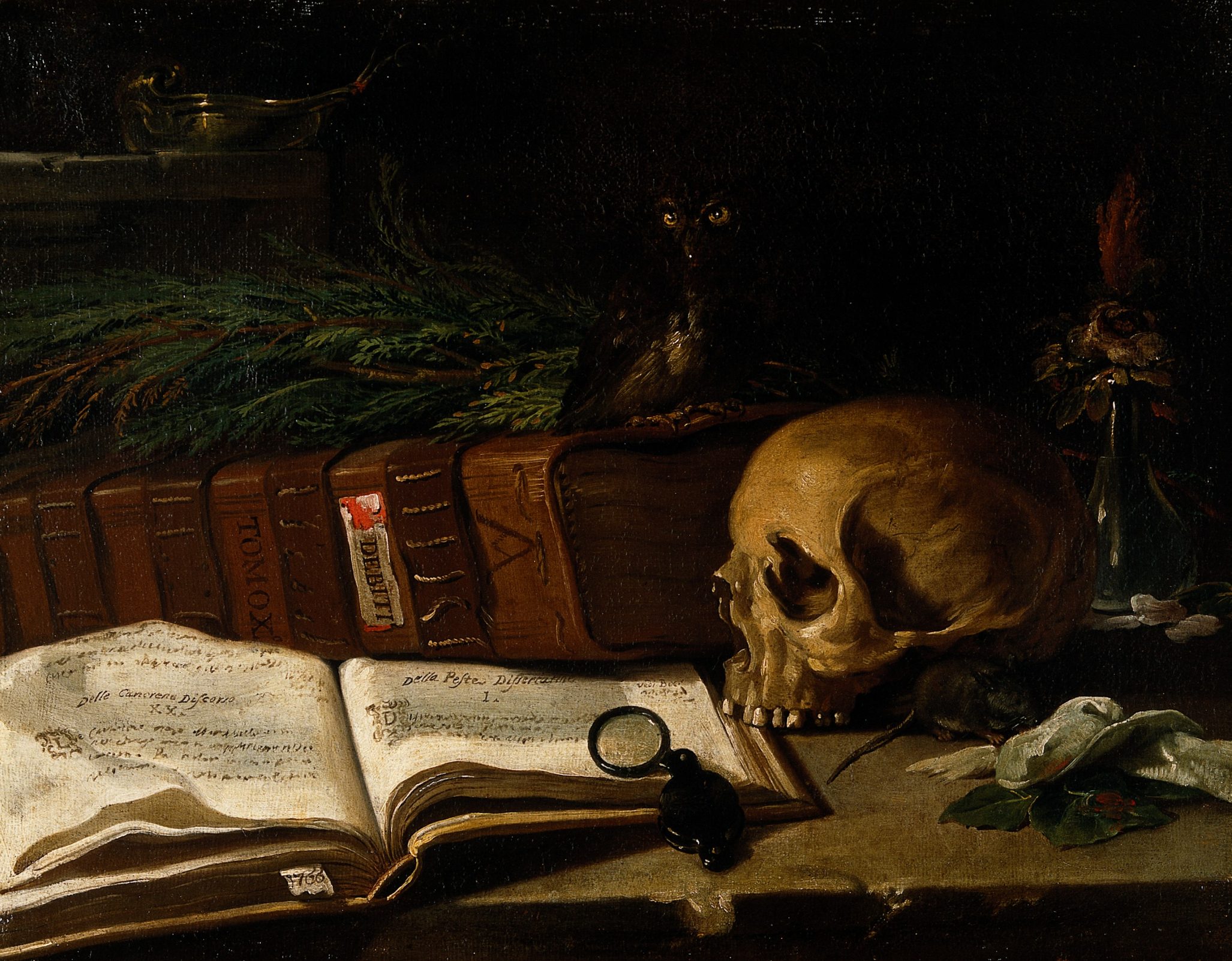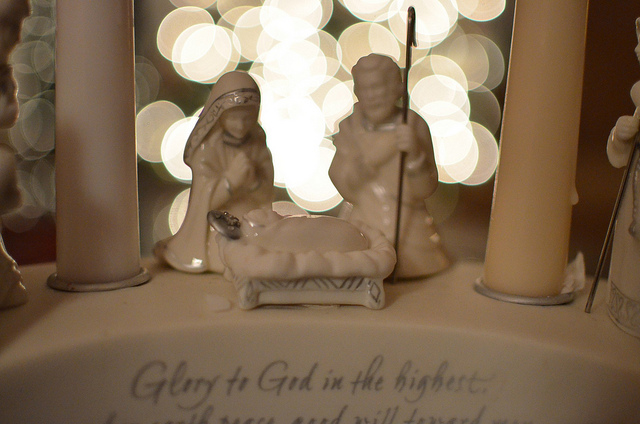This is an entry in the “Acrostic Contemplations.” See “Nunc Dimittis”
“…He will swallow up death forever.” Isa. 25:8a

We do not like to talk about death. Never have. Any of us. Which is not to say we don’t talk about death, we can’t avoid it. And there are some, wonderful people who are able to write and talk about death in a way that brings great comfort and healing to many. But as a whole, as a western, modern society, we don’t take time to really talk about death. And that is completely understandable.
We don’t talk about the deaths of others because we cannot bear to consider their departure or it brings us pain and grief to remember that they are gone. We don’t want to talk about our own death because it is so scary; we don’t know what will happen, how it will happen, what will we find there, beyond.
But that the dread of something after death,
The undiscovered country, from whose bourn
No traveller returns, puzzles the will,
And makes us rather bear those ills we have,
Than fly to others that we know not of?
(Hamlet Act 3, Scene 1)
With one notable exception, no traveler has returned and, if we do not accept his testimony, that land beyond is truly dark, unknown and unknowable. What we know is that we miss those who have gone before us and we see so many who struggle and suffer in their final days. So, we resist talking about death or the dead. It is understandable but refusing to talk about death and dying is a morbidity itself. In order to live fully, we need to grieve, contemplate our mortality, and understand the fullness and limits of this life.
Grieving is a healthy and important part of living. In recent decades we have lost the traditions of communal mourning. The COVID outbreak has brought death back to the foreground, we can no longer deny our destination and has helped our society to come a bit closer to acknowledging that we all grieve. We need to remember and memorialize because it is not only a way to keep our loved ones present in our lives, it also allows us to celebrate their victory. As Hugh Williamson notes in his Jesus is Lord,1 “the emphasis is on the proclamation that Jesus, not death, is lord. Jesus, by dying and raising again now reigns over ‘King Death.’”
But in fact Christ has been raised from the dead, the first fruits of those who have died. For since death came through a human, the resurrection of the dead has also come through a human, for as all die in Adam, so all will be made alive in Christ. (1 Cor 15:20-22)
This is the Gospel, that through Christ’s death, resurrection, and ascension, all are made alive in Christ. This world, with all of its concomitant hardships and suffering, is merely the vestibule of the World to Come. We are to fully embrace, enjoy, and engage in this world and this life that we have now and we must remember that it is “but a foretaste” of what is to come.
In order to fully embrace life now, we must claim and acknowledge the life to come. We do that best through memorialization and celebration of those who have died, rejoicing in the life we have shared here even as we look forward to sharing with them the life everlasting. Grieve, grieve well, grieve as those who have hope.
“Lord Jesus Christ, grant that their death may recall to us your victory over death, and be an occasion for us to renew our trust in your Father’s love. Give us, we pray, the faith to follow where you have led the way; and where you live and reign with the Father and the Holy Spirit, to the ages of ages.” Amen.
- He is commenting on Acts 2:36 and wrestling with the way in which he was always told that Jesus must be the “Lord of everything” in our lives. ↩︎





